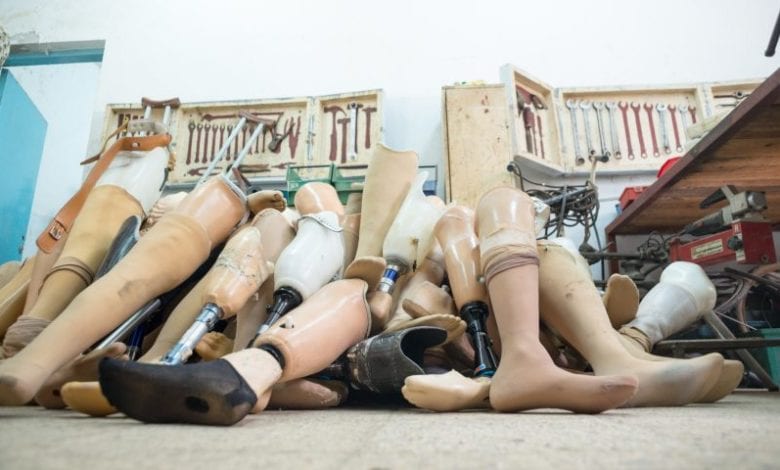Legs4Africa: Giving new life to those in need

As many people know, not everything that we carry through with us in life can be taken with us after death and when it comes to preparing a body for burial, this rings very true for the funeral sector. Unless requested for removal and return by the deceased or their loved ones, dental gold, jewellery and medical parts will be buried in the coffin with the deceased and in the case of a cremation they will either be discarded or recycled.







